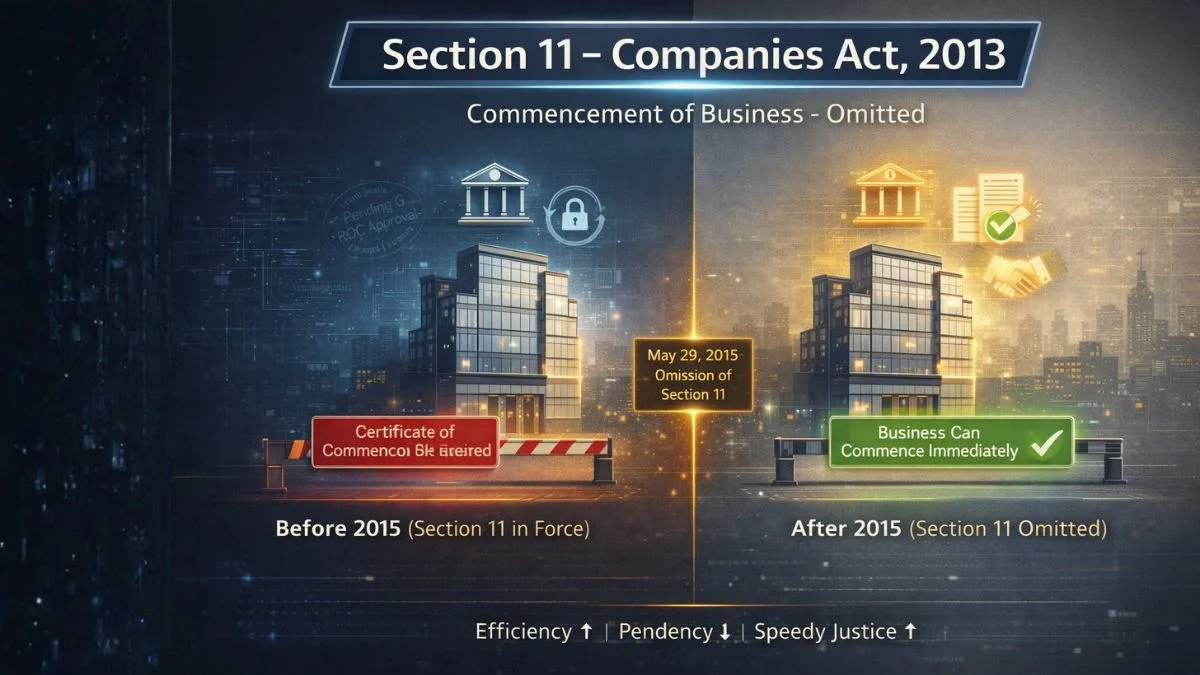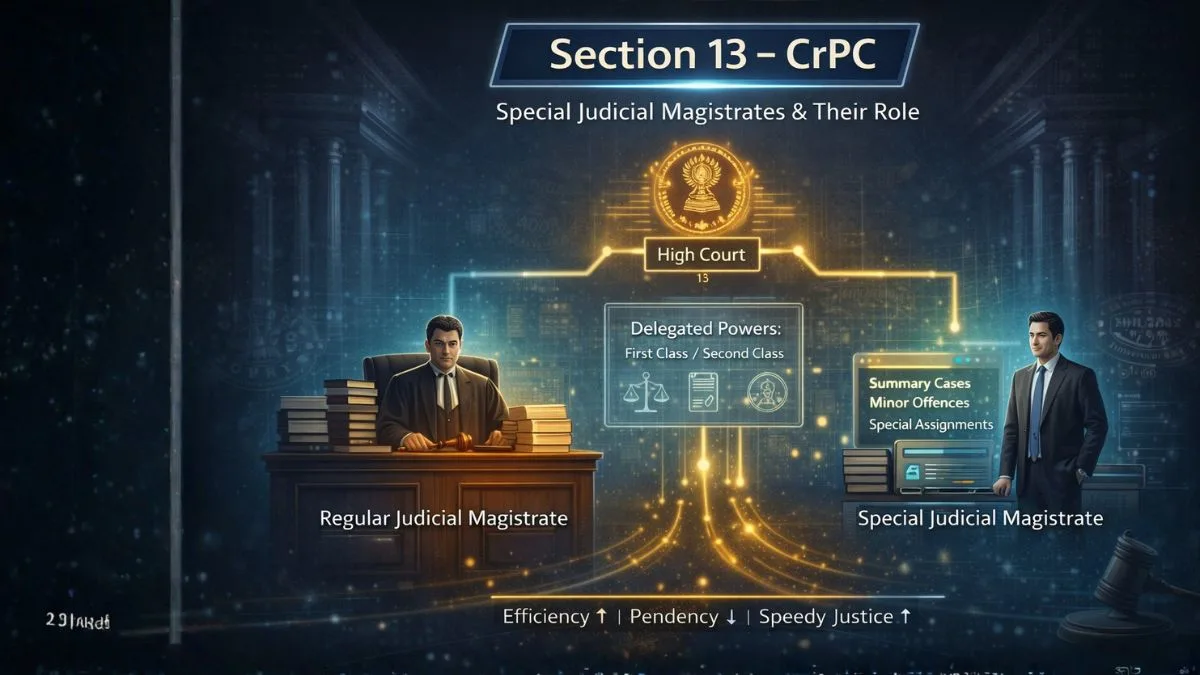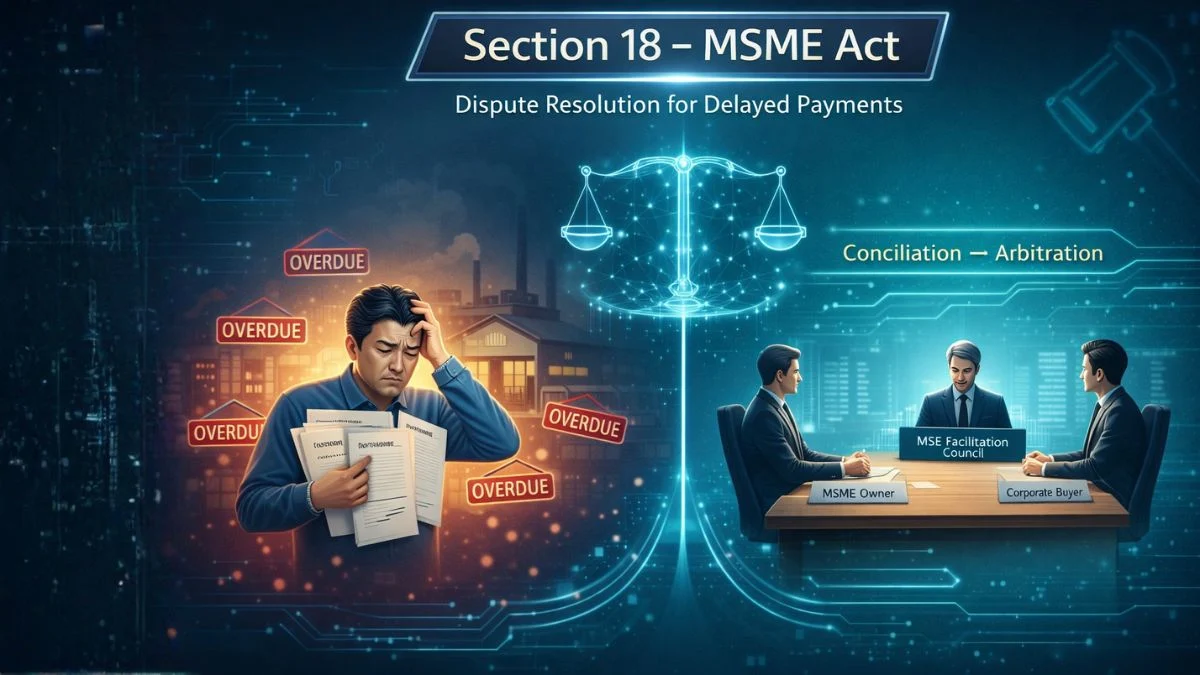
Every year, the Income Tax Department sets a deadline to file your Income Tax Return (ITR). This deadline is defined under Section 139(1) of the Income Tax Act. Filing your return on or before this date ensures you stay penalty-free, can claim refunds smoothly, and carry forward losses if applicable.
Whether you're a salaried employee, freelancer, business owner, or senior citizen, knowing your due date under Section 139(1) is essential for financial compliance.
✅ What Is Section 139(1) of the Income Tax Act?
Section 139(1) lays down the obligation to file income tax returns for different categories of taxpayers and defines the due dates for filing.
It applies to:
- Individuals
- Hindu Undivided Families (HUFS)
- Firms
- LLPs
- Companies
- Associations of Persons (AOP)
- Local authorities and others
It also mentions the due dates and the consequences of late filing, including penalties, interest, and disallowance of certain benefits.
📋 Due Dates Under Section 139(1) for AY 2024–25 (FY 2023–24)
|
Category of Taxpayer |
Due Date |
|
Individual / HUF / AOP / BOI (not audit) |
31st July 2024 |
|
Businesses requiring an audit |
31st October 2024 |
|
Companies |
31st October 2024 |
|
Assessees required to furnish TP report |
30th November 2024 |
💡 If you miss these deadlines, you can still file a belated return under Section 139(4), but penalties will apply.
🙋♀️ Who Needs to File ITR Under Section 139(1)?
Filing of ITR is mandatory if any of the following apply:
- Gross total income exceeds the basic exemption limit
- ₹2.5 lakh (below age 60)
- ₹3 lakh (age 60–80)
- ₹5 lakh (age 80 )
- You want to claim a refund of the excess TDS
- You have foreign income or assets abroad
- You deposited ₹1 crore or more in a bank account
- Your total electricity bill exceeds ₹1 lakh
- You spent ₹2 lakh or more on foreign travel
- You earned capital gains, business income, or F&O profits
Even if you’re below the taxable limit, it is advisable to file if you:
- Want to carry forward losses
- Need a loan or visa (ITR is used as income proof)
- Have TDS deducted
🧾 What Happens If You Miss the Due Date?
Missing the ITR filing deadline under Section 139(1) may lead to:
- Late Filing Fee under Section 234F:
- ₹5,000 if return is filed after the due date but before 31st Dec
- ₹1,000 if the total income is below ₹5 lakh
- Interest under Section 234A on tax payable
- Inability to carry forward losses from capital gains, business, etc.
- Delayed refunds, if applicable
🧠 People Also Ask
❓ Can I revise my ITR if filed under Section 139(1)?
Yes. If you filed your return on or before the due date, you can revise it later under Section 139(5) to correct errors.
❓ Is Aadhaar mandatory to file ITR?
Yes. It is mandatory to quote your Aadhaar number or enrollment ID while filing your ITR unless you're exempt under specific categories.
❓ What is the penalty if I don’t file ITR at all?
Non-filing may result in:
- Late fees
- Interest
- Best judgment assessment by the AO
- Prosecution under Section 276CC in extreme cases
❓ Can I still file my ITR after the due date?
Yes, but only as a belated return under Section 139(4), subject to penalties and loss of some benefits.
🧮 Pro Tip: Use AIS and Form 26AS for Matching
Before filing your return, always check:
- AIS (Annual Information Statement)
- Form 26AS for TDS/TCS entries
Mismatch in income reporting is one of the top reasons for notices under Section 143(1) after filing.
🎯 Final Thoughts from a CA’s Desk
“Section 139(1) may seem simple, but missing it can result in unnecessary penalties, delays, or missed refunds.”
It’s not just about saving tax—it’s about timing, accuracy, and documentation. Whether your income is taxable or not, timely ITR filing builds your financial credibility and keeps you compliant.
📞 Need Help Filing ITR Before the Due Date?
At Callmyca, we help:
- Identify the correct due date and return type
- Prepare and file accurate ITRS
- Avoid penalties, mismatches, and delays
- Choose between the old and new tax regimes
👉 Click here to book your ITR filing support via Callmyca







